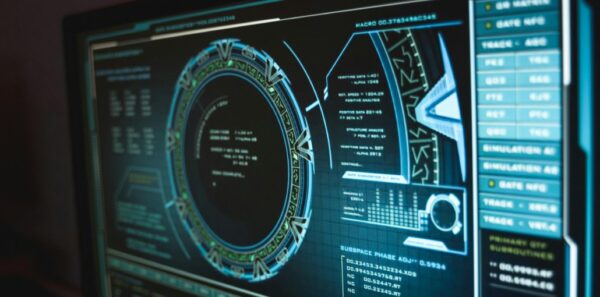Arash Habibi Lashkari
Dr. Arash Habibi Lashkari is a Canada Research Chair (CRC) in Cybersecurity. As the founder and director of the Behaciour-Centric Cybersecurity Center (BCCC) and co-founder of the Cyber Security Cartoon Award (CSCA), he is a Senior member of IEEE and an Associate Professor at York University. His research focuses on cyber threat modeling and detection, malware analysis, big data security, internet traffic analysis, and cybersecurity dataset generation. Dr. Lashkari has over 27 years of teaching experience, spanning several international universities, and was responsible for designing the first cybersecurity Capture the Flag (CTF) competition for post-secondary students in Canada. He has been the recipient of 15 awards at international computer security competitions - including three gold awards - and was recognized as one of Canada’s Top 150 Researchers for 2017. He is the author of ten published books and more than 120 academic articles on a variety of cybersecurity-related topics and the co-author of the national award-winning article series, “Understanding Canadian Cybersecurity Laws”, which was recently recognized with a Gold Medal at the 2020 Canadian Online Publishing Awards, remotely held in 2021.
AI Safety and Fairness Nowadays: Explained
As AI technologies advance at an unprecedented speed, their societal risks are becoming as visible as their benefits. Policymakers and researchers now rank...
ByArash Habibi LashkariSeptember 11, 2025Understanding AI in Cybersecurity and AI Security: Defense Methods for Adversarial Attacks and Privacy Issues in Secure AI
As AI systems become more common in the real world, powering self-driving cars, medical tools, and surveillance, they’ve also become exposed to new...
ByArash Habibi LashkariAugust 1, 2025Understanding AI in Cybersecurity and AI Security: AI Security and Privacy (UCSAISec-03)
AI is revolutionizing every industry it touches, but its growing integration into critical systems also opens new security vulnerabilities. As machine learning models...
ByArash Habibi LashkariJune 21, 2025Understanding AI in Cybersecurity and AI Security: AI in IoT and OT Security (UCSAISec-02)
The Internet of Things has fundamentally changed how we interact with technology, creating networks of smart devices that talk to each other and...
ByArash Habibi LashkariApril 27, 2025Understanding AI in Cybersecurity and AI Security: AI in Cybersecurity (UCSAISec-01)
Artificial intelligence (AI) is used in more tools to protect our data. With its ability to crunch vast volumes of data, recognize patterns,...
ByArash Habibi LashkariMarch 27, 2025Cybersecurity Challenges, Best Practices, and Future Work in Healthcare
Cybersecurity Concerns in Digital Healthcare As healthcare professionals, IT professionals, and decision-makers in healthcare organizations, your role in exploring and addressing the potential...
ByArash Habibi LashkariJanuary 27, 2025Cybersecurity Governance and Ethics in Healthcare
Data governance in healthcare sets the framework for decision-making and accountability around managing data – from its creation and use to its final...
ByArash Habibi LashkariDecember 22, 2024Detection and Prevention of Cyber-attacks in Healthcare
Cybersecurity is no longer just a technical issue for the IT department in healthcare – it’s a frontline defense for patient safety, operational...
ByArash Habibi LashkariNovember 26, 2024Defining Cybersecurity in Healthcare
With healthcare accounting for 34% of cyberattacks in 2023, the sector is a prime target for cybercriminals exploiting vulnerabilities. Cybersecurity is a critical...
ByArash Habibi LashkariNovember 13, 2024The Challenges in Mobile Application Security 2024
As mobile apps become integral to our lives, they also expose users to a growing range of security threats. These threats exploit system...
ByArash Habibi LashkariNovember 4, 2024













